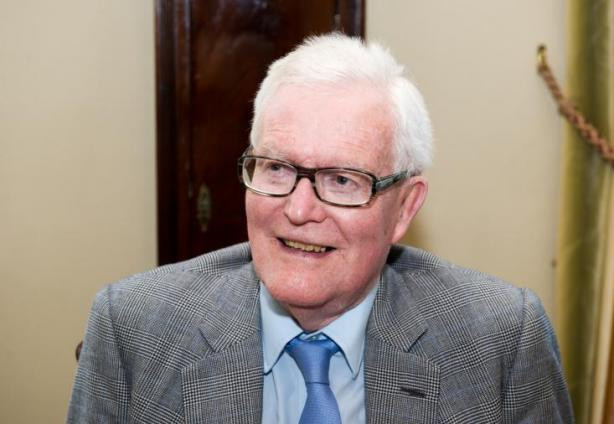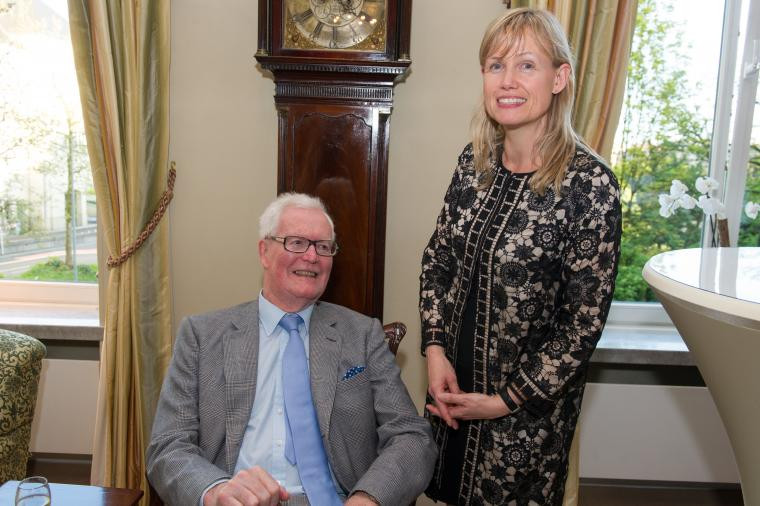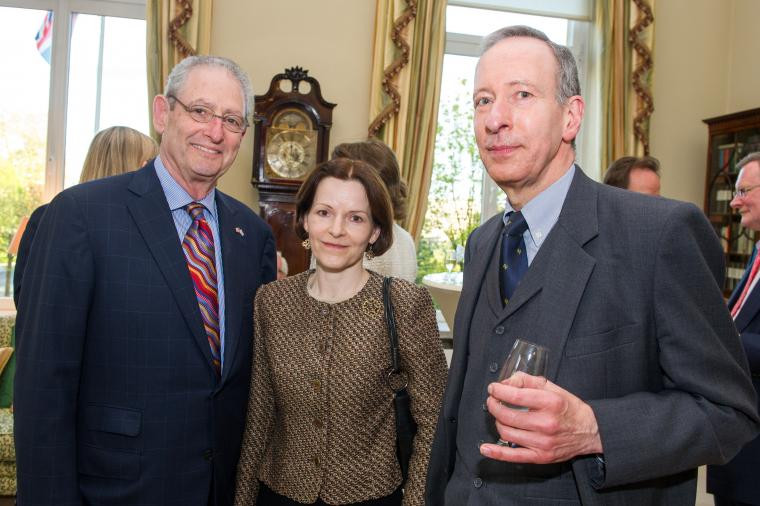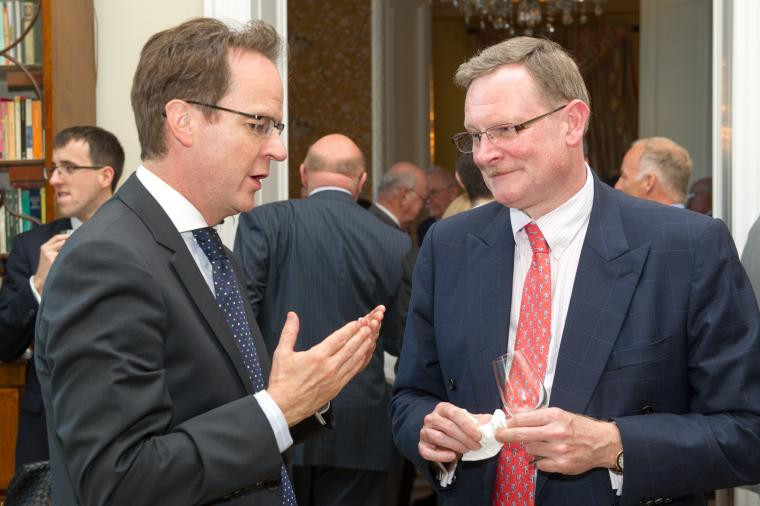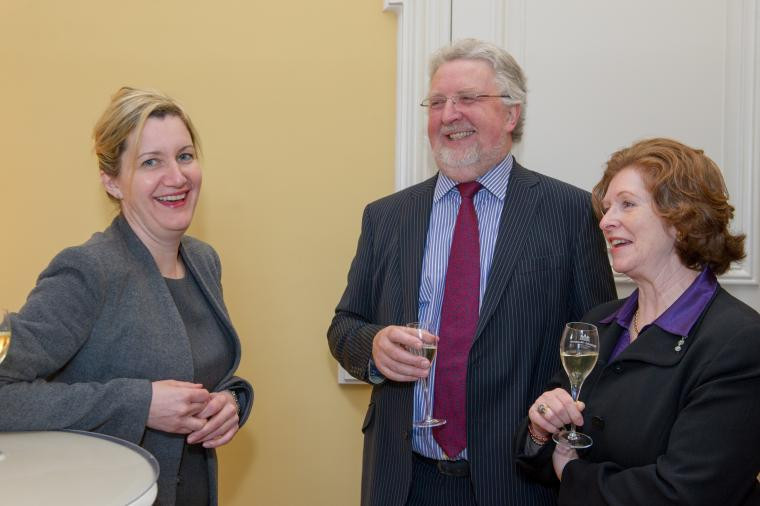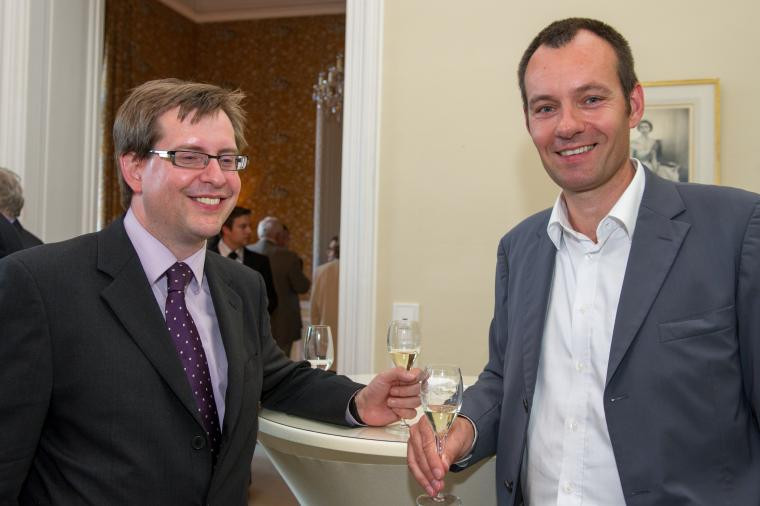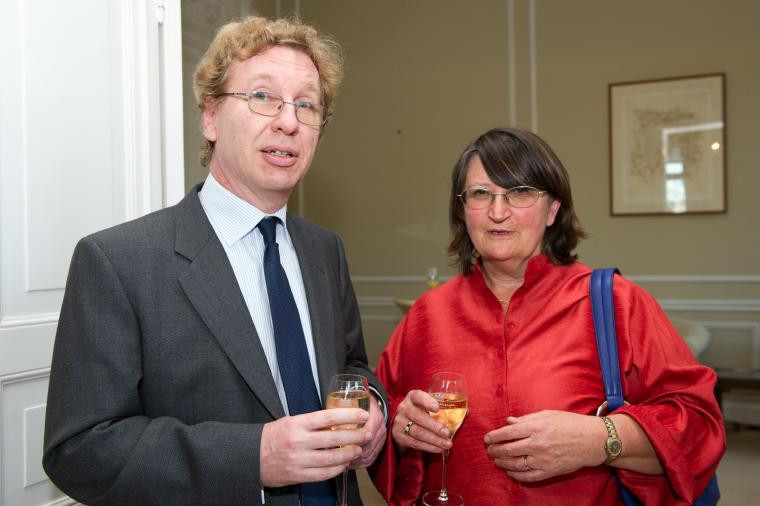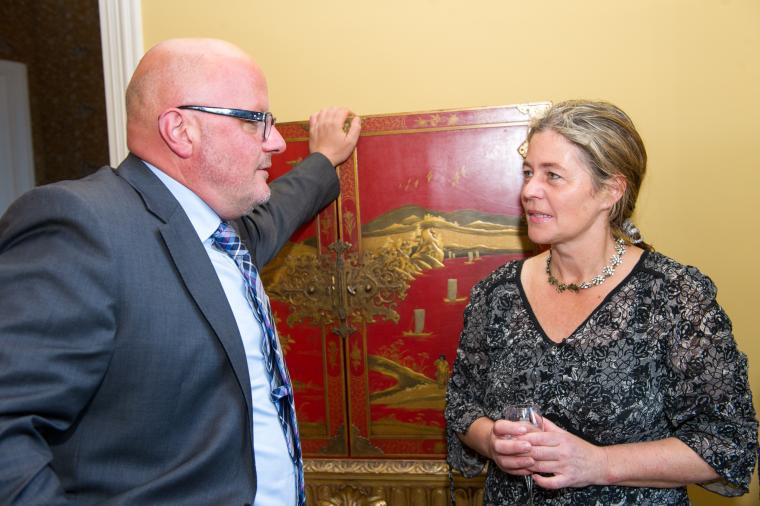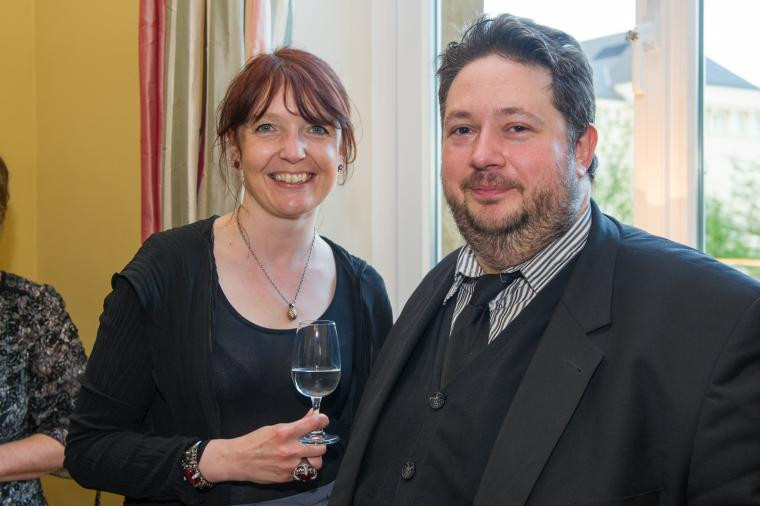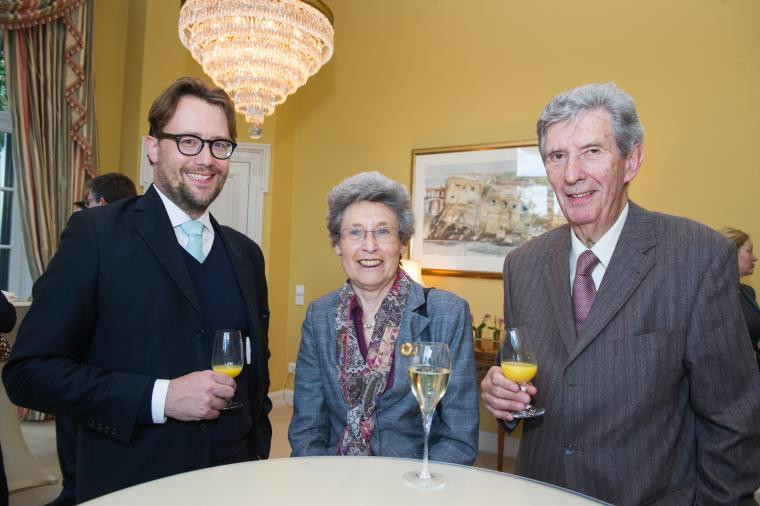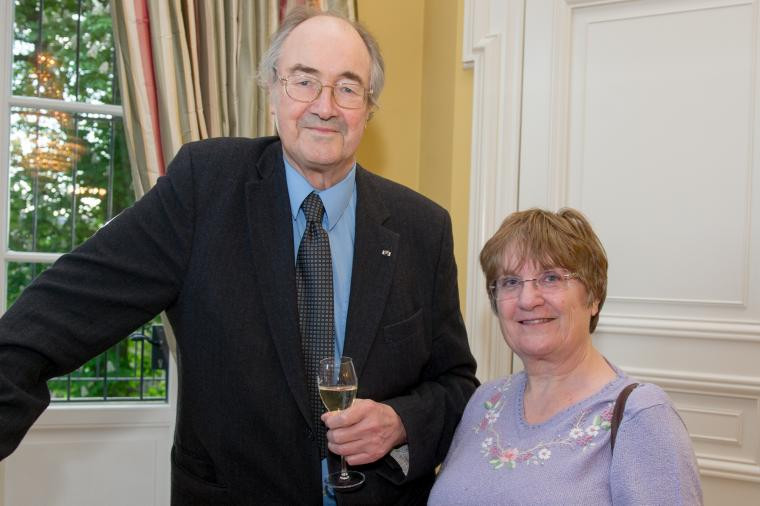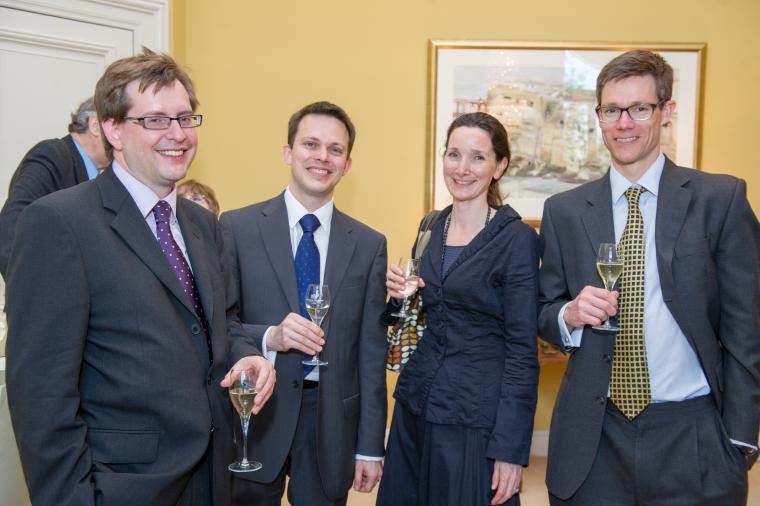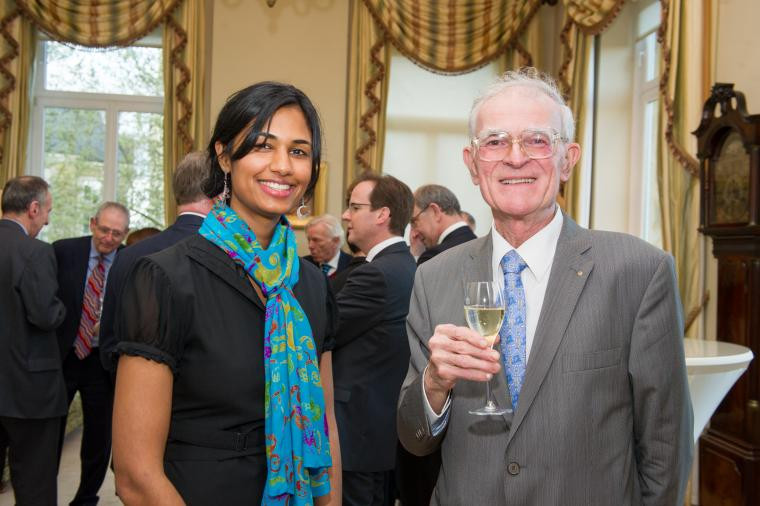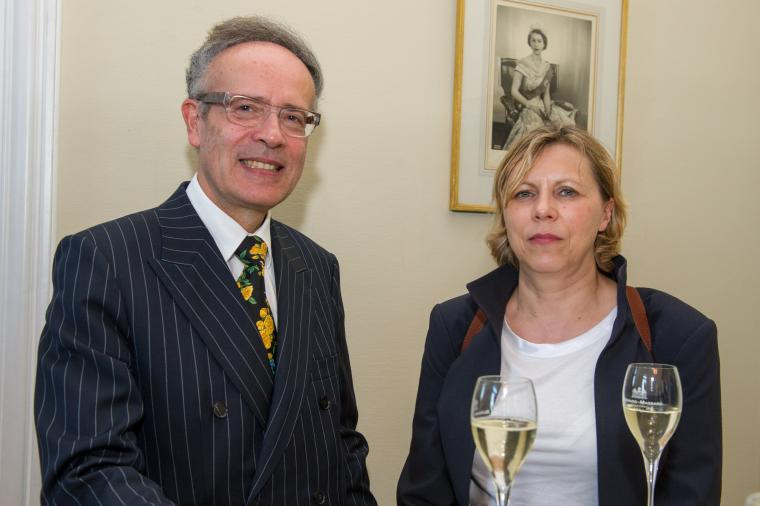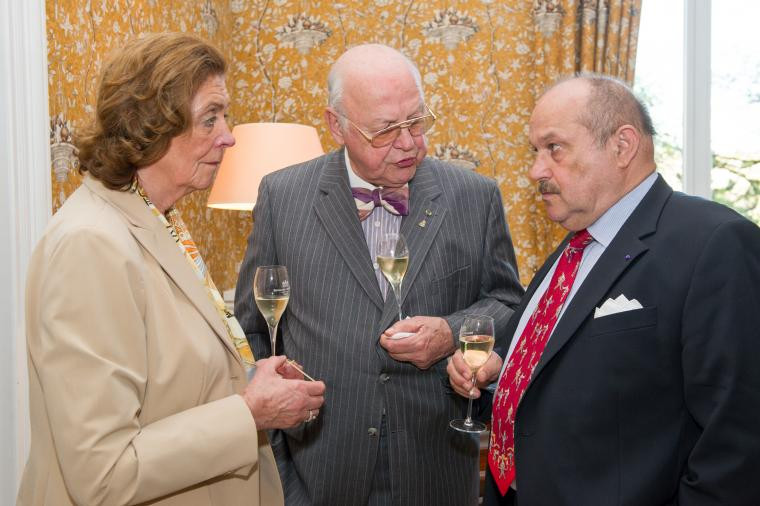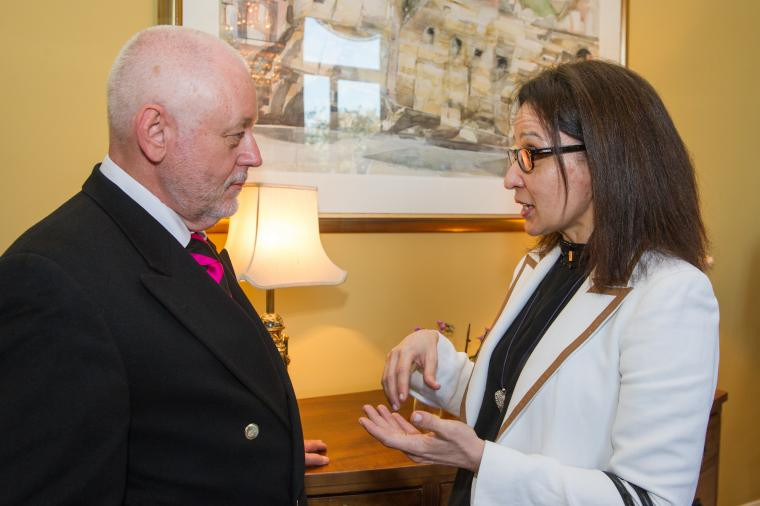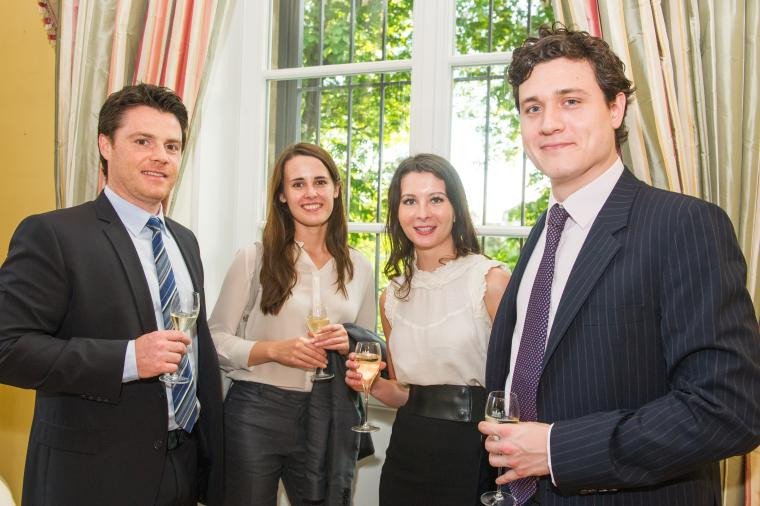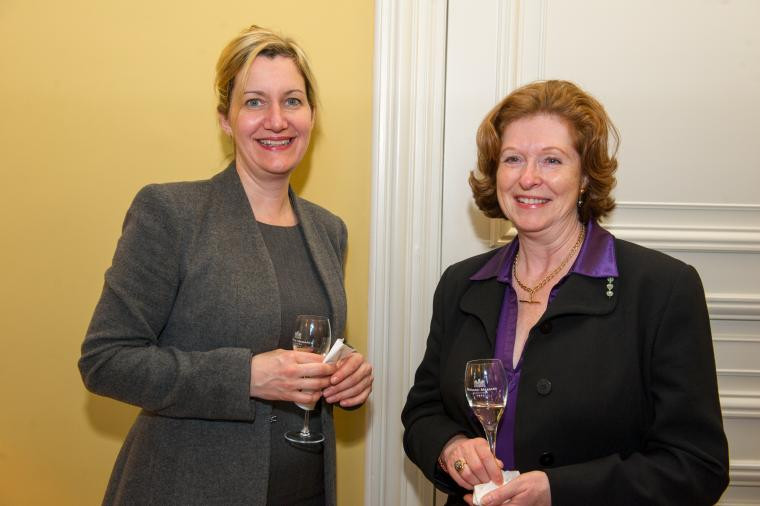Speaking at the Abbaye de Neumünster, Lord Hurd chose as his subject what he called the “tension” that often exists between peace and justice in the context of international law. Citing examples such as the recently convicted Charles Taylor and the Nuremberg tribunals, Slobodan Milosevic and the call to arrest the president of Sudan, Omar al-Bashir, Lord Hurd said that the eagerness to bring to justice those accused of crimes against humanity is not always in the best interests of the people.
“Milosevic was only arrested after he ceased to be useful,” he said. “His signature was essential on the Dayton Accord (the General Framework Agreement for Peace in Bosnia and Herzegovina).”
Hurd argued that the current clamour by the chief prosecutor at the International Criminal Court, Luis Moreno-Ocampo, to arrest Omar al-Bashir is sending mixed messages to Sudan. “We are saying two things at the same time. We are saying that he is wicked and guilty of crimes against humanity and should give himself up. But in a different tone of voice we are asking him to stop the fighting [against the breakaway state of South Sudan] and bring peace. The difficulty in speaking in different tones is that one message will be disregarded.”
On the other hand, Lord Hurd praised the truth and reconciliation process in South Africa and the way that in Northern Ireland it was the most extreme politicians who came to the table to discuss peace and to forget any ideas of retribution; which eventually led to the Good Friday agreement.
But, he also recognized that it was very difficult emotionally for the victims of violence to accept that many of the perpetrators would go unpunished. Many of those in government now have blood on their hands, he said. “It is difficult to explain the benefits of the peace process when up against human reactions.”
But long lasting peace and reconciliation must be given priority over the search for justice, Lord Hurd concluded.
